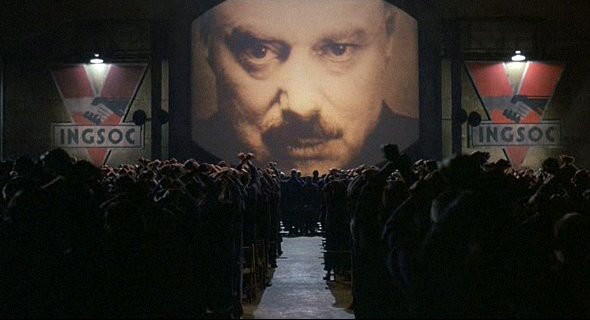httpv://www.youtube.com/watch?v=Qf2eWKH-F4Y
Salman Rushdie on The Hour with George Stromboulopoulos
Today is Salman Rushdie‘s birthday (born 1947). Rushdie, of course, was subjected to a death sentence by the Iranian Supreme Ayatollah Khomeini on February 14th, 1989 for his novel The Satanic Verses. Frye makes reference to it in his last posthumously published work, The Double Vision.
I am, of course, isolating only one element in Christianity, but cruelty, terror, intolerance, and hatred within any religion always mean that God has been replaced by the devil, and such things are always accompanied by a false kind of literalism. At present some other religions, notably Islam, are even less reassuring than our own. As Marxist and American imperialisms decline, the Muslim world is emerging as the chief threat to world peace, and the spark-plug of its intransigence, so to speak, is its fundamentalism or false literalism of belief. The same principle of demonic perversion applies here: when Khomeini gave the order to have Salman Rushdie murdered, he was turning the whole of the Koran into Satanic verses. In our own culture, Margaret Atwood’s The Handmaid’s Tale depicts a future New England in which a reactionary religious movement has brought back the hysteria, bigotry, and sexual sadism of seventeenth-century Puritanism. Such a development may seem unlikely just now, but the potential is all there. (CW 4, 177-8)
Twenty years later, the potential only seems more potent.
